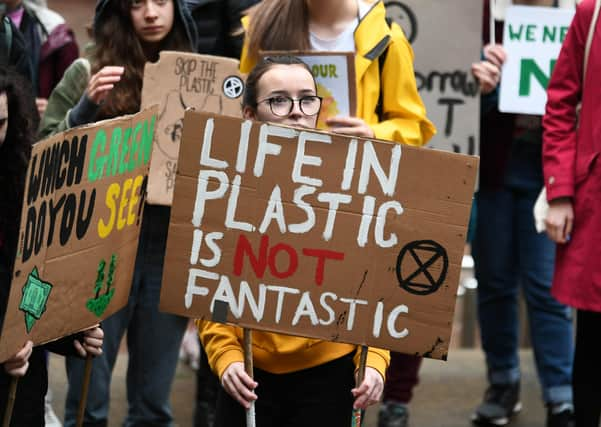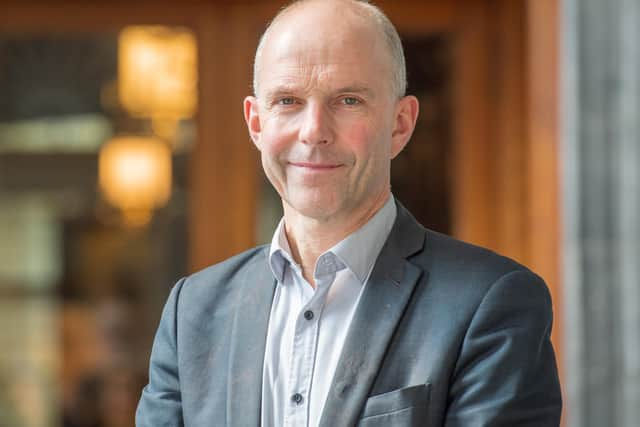Why a zero-carbon Edinburgh will mean a better city for us all – Gavin Corbett


In normal times, the city council would have set its budget for the year ahead and the process of making it happen would have begun.
But these are not normal times. Because of the chaos in UK politics, the council had to set its own budget before either the UK or Scottish Governments had agreed theirs. So the final Scottish Budget, agreed with Green MSPs, includes several changes, including free bus travel for under-19s, a range of ways of tackling the climate crisis, and an extra £95m for councils, of which Edinburgh’s share is £7.4m. Meanwhile, the UK Government finally set its budget, four months late, last Wednesday with a knock-on impact for Scotland, although it’s not clear at the time of writing how much extra that will be or how much will come the way of local councils.
Advertisement
Hide AdAdvertisement
Hide AdAnd that’s all in the context of the coronavirus pandemic. We don’t know yet what will unfold but, whatever the course of the virus, there is no path which does not need more public funding – and fast.


Longer term, let’s be clear about the scale of the challenge. Even before coronavirus, Edinburgh faced a budget hole of £35m next year so an extra £7.4m does not get close to bridging the gap. As it stands, most of the proposals put before councillors on 20 February will have to go ahead or be replaced by changes of the same size. However, there is some scope to look again at some of the planned cuts and equally to look afresh at how to invest for the future. And there is no future if we do not tackle the dominant issue of our age, the climate crisis. That is why Green councillors put forward a climate emergency budget last month. It’s a budget which recognises the urgency of the city’s own commitment to go zero carbon by 2030.
That remains the top priority because a zero-carbon Edinburgh is a better Edinburgh: more equal; less congested; healthier; and greener. So, in the three years ahead, the city council needs to put its money where its mouth is. Get it right, and schools can be spending on jotters not fuel bills, or on fresh food and tap water, not plastic packaging. More walking and cycling means healthier people and less congestion. Protection and enhancement of natural spaces means better well-being and reduced strain on the NHS.
So a budget for the climate emergency means new investment in electric vehicles and cargo bikes in the council fleet; expansion of secure cycle storage; more charging points; and development of a workplace parking levy scheme to fund transport improvements. It means energy saving in council buildings; support for energy works in private flats and private tenancies; and helping Edinburgh Solar Co-op expand its work. Greater public engagement in waste prevention including headline schemes like an Edinburgh Coffee Cup. Protecting nature, with money to trial alternatives to chemical weed-killers; and to improve natural habitats in the city. And community action on climate change, with a new focus for neighbourhood funds on community-based zero-carbon projects.
Advertisement
Hide AdAdvertisement
Hide AdThese proposals have drawn inspiration over the last year from the school climate strikes: where students in their thousands have told us that they see no future in a world of advancing deserts, rising seas and dying forests. This is their future. That is why it is also right that the council should look again at proposals to reduce spending in such areas as nursery education, music tuition and core school budgets, as well as wider services such as access to sport and leisure.
At a time of stark budget choices, it is still possible to choose a future for planet, pupils and public services.
Cllr Gavin Corbett is Green finance spokesperson at Edinburgh City Council
Comment Guidelines
National World encourages reader discussion on our stories. User feedback, insights and back-and-forth exchanges add a rich layer of context to reporting. Please review our Community Guidelines before commenting.
